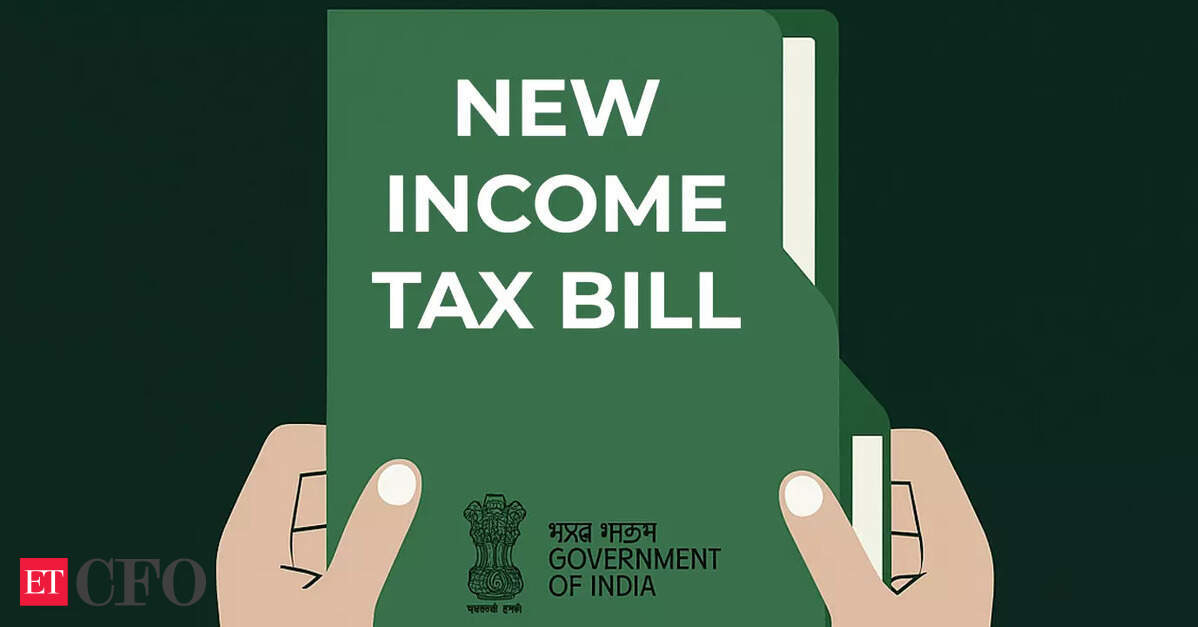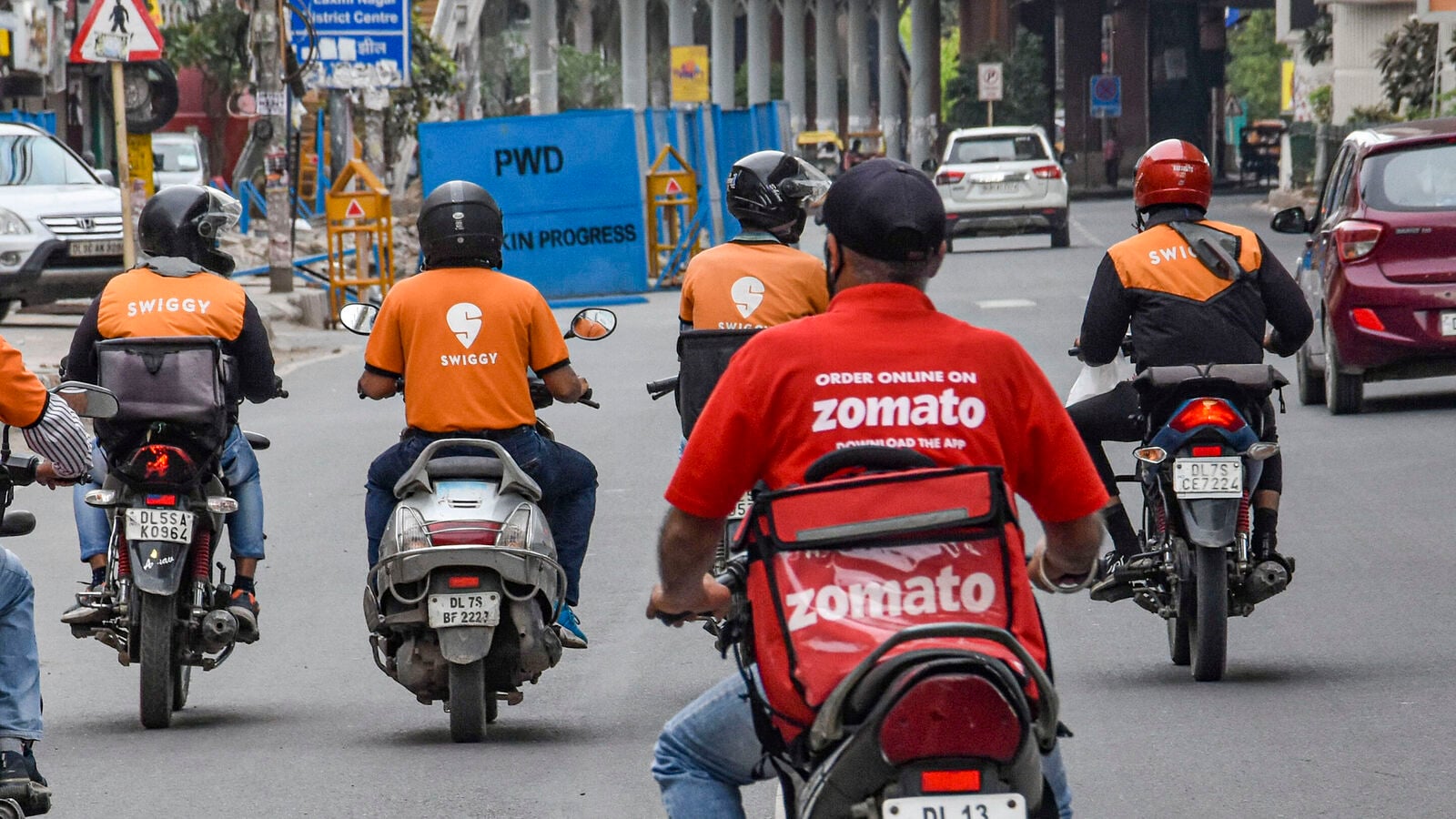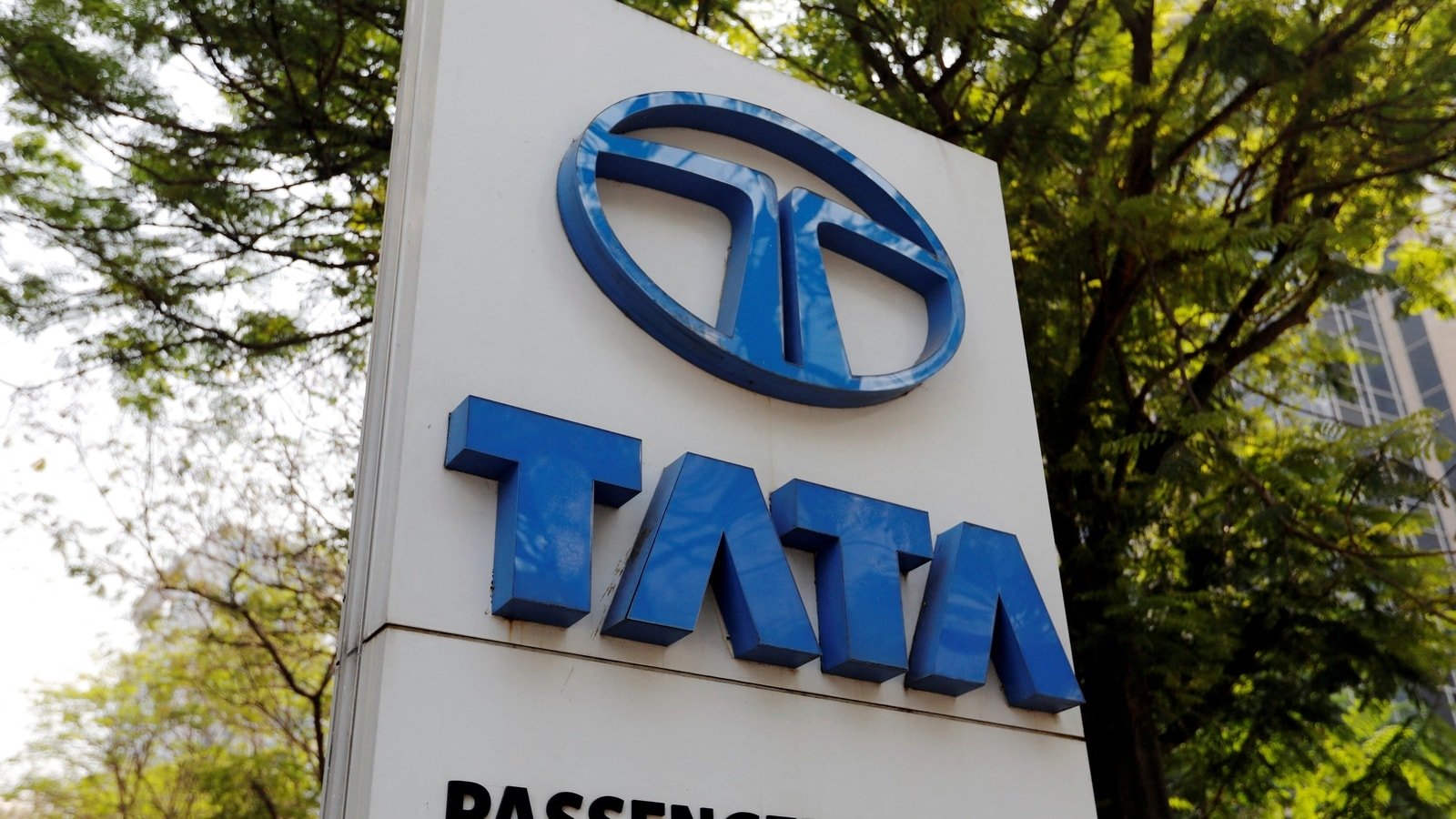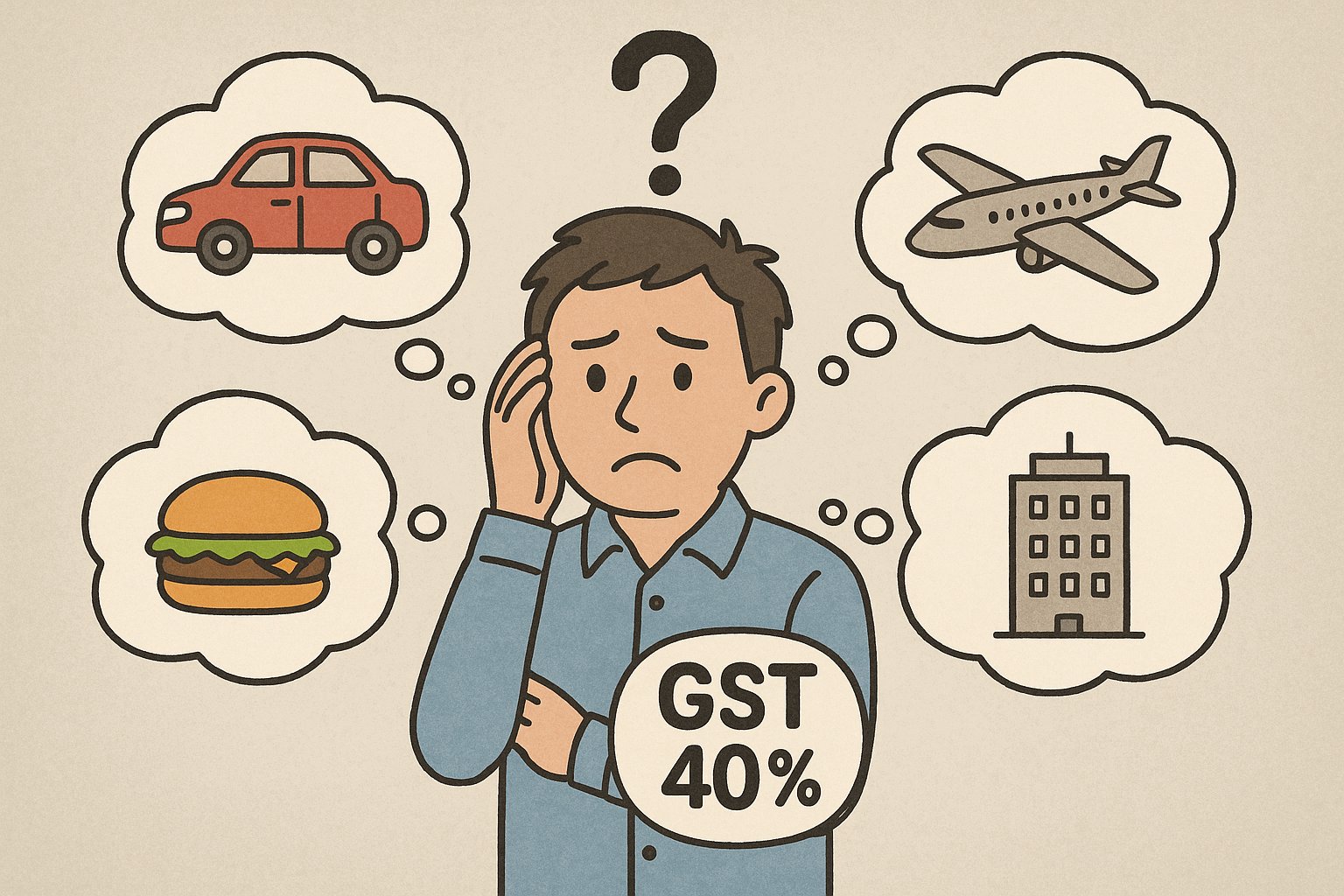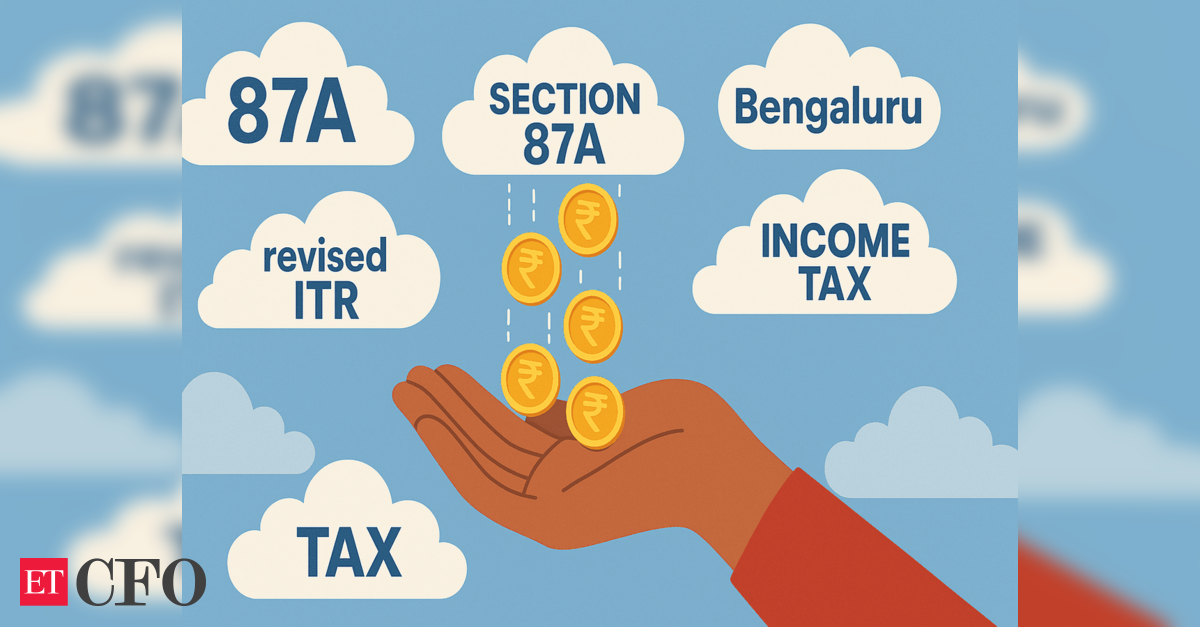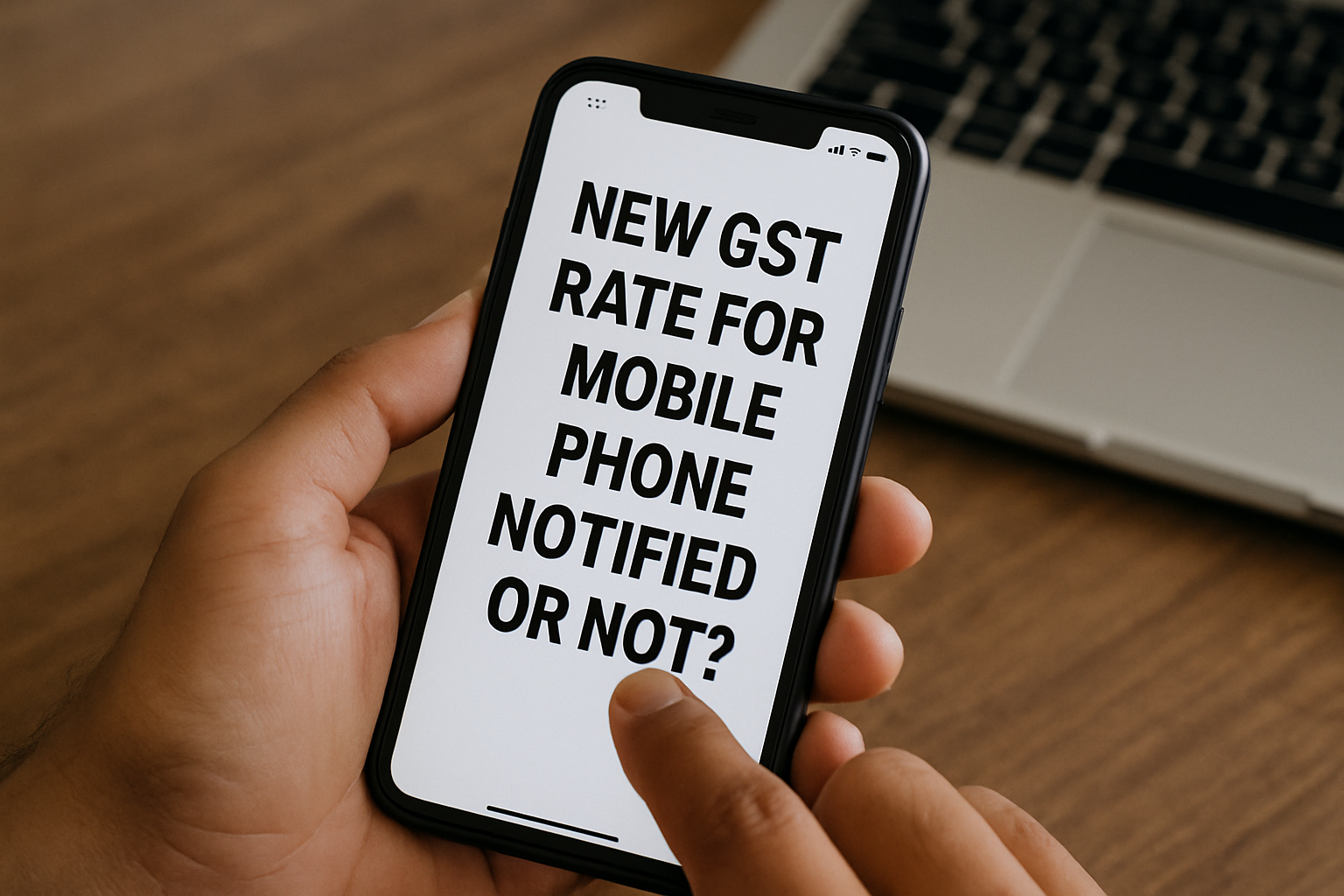The Income Tax Bill, 2025 has been passed by both houses of Parliament, received Presidential assent on August 21, and will come into force from April 1, 2026. This is the second draft of the Bill, introduced after the Finance Ministry withdrew the earlier version to address inconsistencies and incorporate changes suggested by the Lok Sabha’s Select Committee. The revised law introduces several important corrections and clarifications to align with the existing Income Tax Act, 1961. Here are the key changes that affect taxpayers.
Refunds allowed on belated returns
The restrictive provision in the first draft, which required taxpayers to file returns within the original due date to claim refunds, has been removed. Taxpayers will now be able to claim refunds even if they file belated returns.
Pre-construction interest deduction expanded
The initial draft restricted deduction for pre-construction interest to self-occupied properties. The revised law extends the benefit to both self-occupied and let-out properties, in line with ITA provisions.
Section 87A rebate and marginal relief restored
Marginal relief for resident individuals with income just above Rs 12 lakh, which was missing in the earlier draft, has been reinstated under the revised law to avoid excessive tax liability.
Recognition of nil-TDS certificates
While the ITA allowed both lower TDS and nil-TDS certificates for certain receipts, the first draft of the new Bill failed to acknowledge nil-TDS certificates. The revised version now explicitly includes them.
Advance nil-TDS certification enabled
The law allows taxpayers to obtain advance nil-TDS certificates, ensuring that no unnecessary tax is deducted at source in cases where income is exempt or overall liability is nil. This measure is intended to prevent liquidity issues arising from refunds being locked until return filing.
Clearer presentation of pension provisions
Provisions relating to commuted pension or lump-sum pension payments have not been changed. However, the new law has reorganized these rules into a table under Section 19 for greater clarity and ease of reference.
Government employee pensions remain exempt
Commuted pensions received by employees of the central or state governments, or corporations set up under central or state laws, continue to remain fully exempt from income tax.Tax treatment of private employee pensions unchanged
Private sector employees continue to be taxed on commuted pensions, with deductions allowed as before. For employees entitled to gratuity, one-third of the commuted pension is deductible; for others, the deduction is one-half.
IRDAI-approved pension schemes exempt
Commuted pensions received under insurance schemes approved by the Insurance Regulatory and Development Authority of India (IRDAI) remain exempt from taxation, continuing the earlier treatment.
Continuity of new tax regime under Clause 202(1)
The law preserves the structure of Section 115BAC of the ITA under Clause 202(1). The revised Act carries forward the new tax slabs announced in Budget 2025 and retains the restrictions on deductions and exemptions under the new regime.
Visit www.cagurujiclasses.com for practical courses
